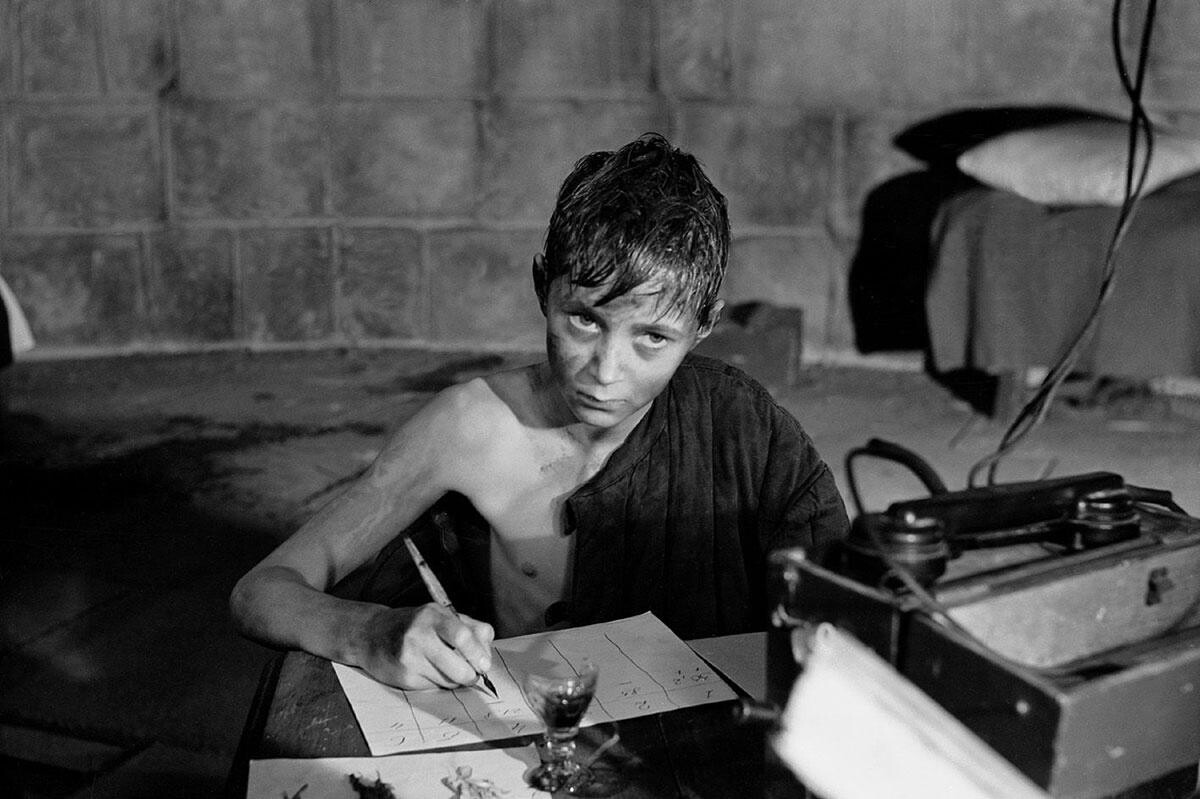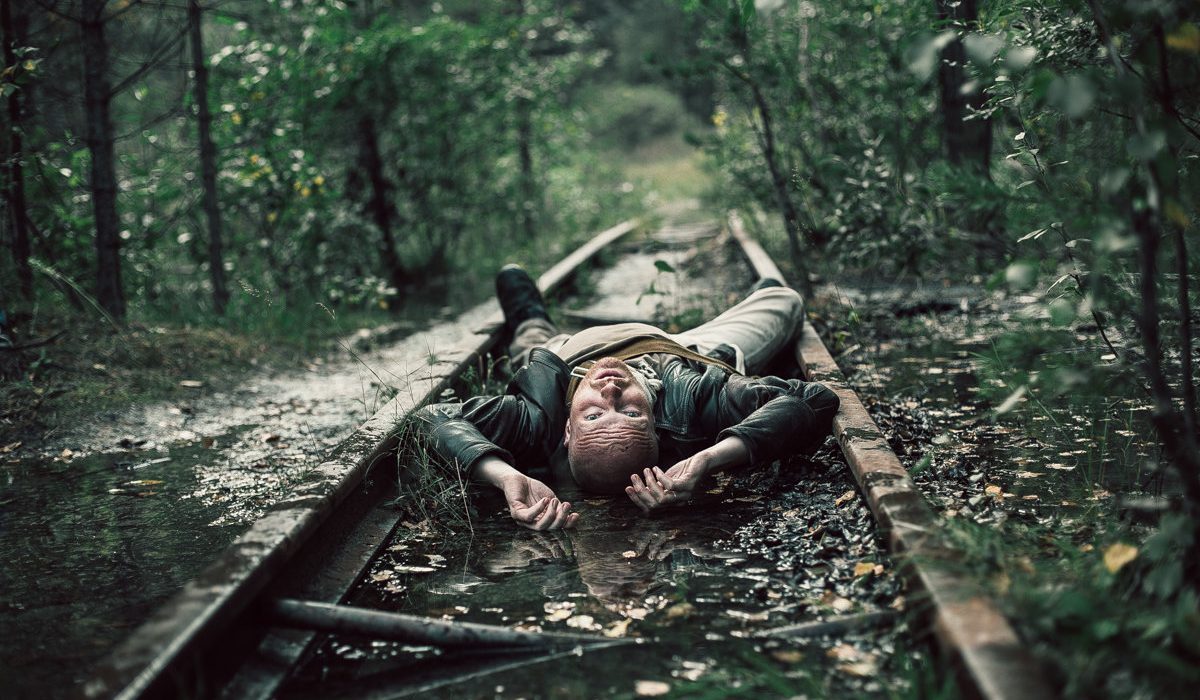
Andrei Tarkovsky: From Student to Auteur in “Ivan’s Childhood”
Tarkovsky’s “Ivan’s Childhood” marks his transition from student to director, highlighting his artistic evolution and the challenges of adapting literature to film.

Tarkovsky’s “Ivan’s Childhood” marks his transition from student to director, highlighting his artistic evolution and the challenges of adapting literature to film.

Tarkovsky explores his cinematic philosophy, challenges faced, and deep connections with audiences, seeking to articulate film’s unique artistry.

In the following essay, Dempsey discusses the enigmatic narrative and thematic aspects of Tarkovsky’s films, focusing on The Mirror and The Stalker.
Vida Johnson and Graham Petrie recall the genesis of Tarkovsky’s original Solaris
The thaw in the Soviet Union made it possible for new filmmakers, although not without difficulty, to assert their personal vision. The most striking of these was indisputably Andrei Tarkovsky, Emmanuel Carrère discusses the grandeur of Stalker.
The interview is transcribed from taped material obtained during the shooting of Nostalghia. As well, there are excerpts from conversations that were never recorded, and a brief excerpt from their first 1962 conversation, along with a few other statements made by Tarkovsky
Tarkovsky is the Soviet director responsible for two masterpieces of SF film: Solaris (1972), based on the book of the same title by Lem, and Stalker (1980), adapted from the Strugatsky brothers’ Roadside Picnic.
Get the best articles once a week directly to your inbox!